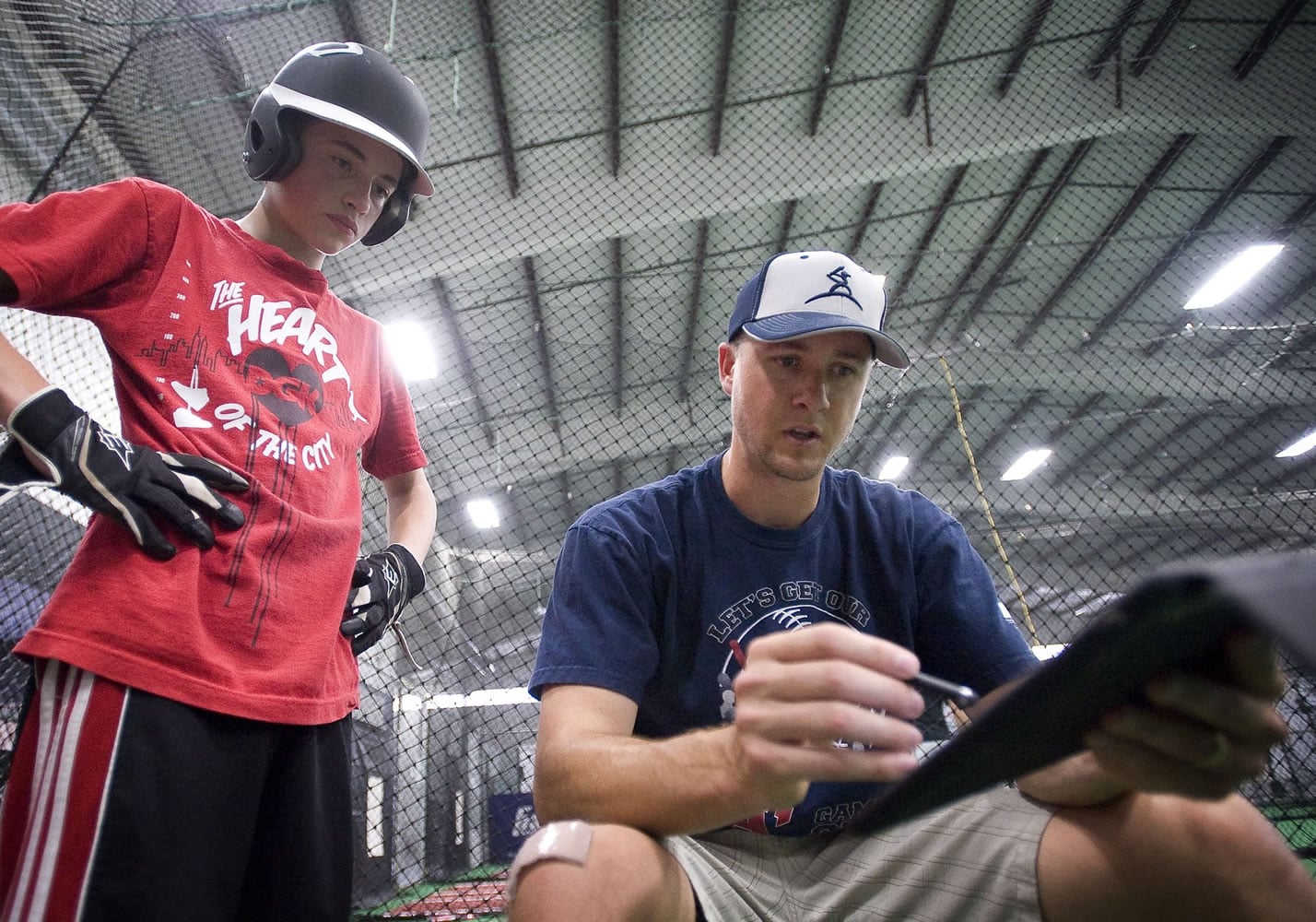On Wednesday, Clark County commissioners will have a long-awaited work session on the financing portion of a public-private proposal to bring minor league baseball to Vancouver.
Consider this article your scouting report.
What: Clark County commissioners’ baseball financing work session.
When: 10 a.m. Wednesday.
Where: Sixth-floor hearing room, Clark County Public Service Center, 1300 Franklin St.
In keeping with a baseball theme, here are nine things to know about a proposal to move the Yakima Bears, a Class A affiliate of the Arizona Diamondbacks, into a $22.7 million stadium at Clark College.
1. Some residents say, ‘Play ball!’
Chris Gissell, a 1996 Hudson’s Bay High School graduate, was drafted by the Chicago Cubs then spent 14 years getting paid to play baseball.
In 2004, the pitcher spent about 90 days in the majors with the Colorado Rockies.
These days, Gissell can still be found pitching, but to kids at Extra Innings, a franchise Gissell and co-owner Tucker Johnson opened in east Vancouver. At the 11,000-square-foot space, they offer speed and agility training and clinics where kids as young as 6 practice hitting, throwing and fielding.



